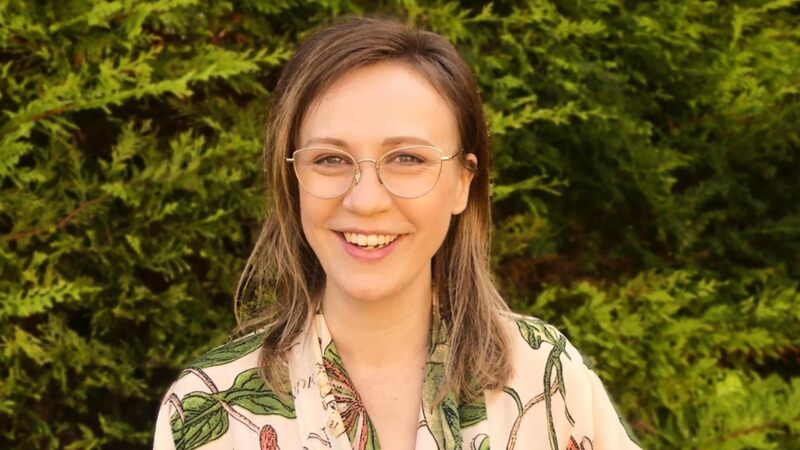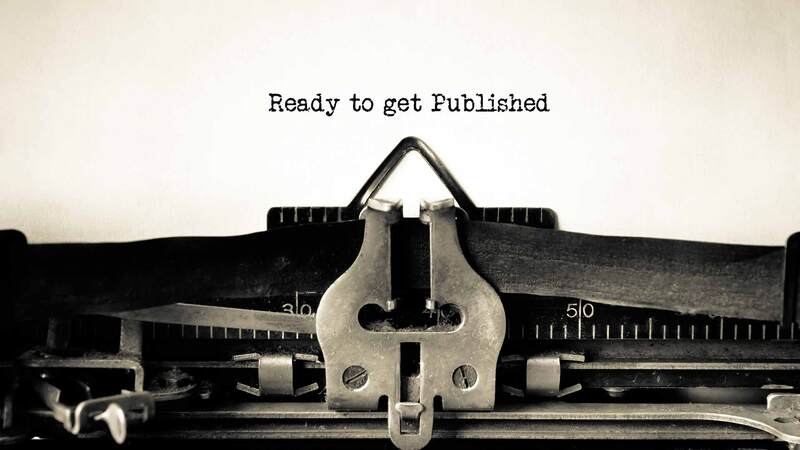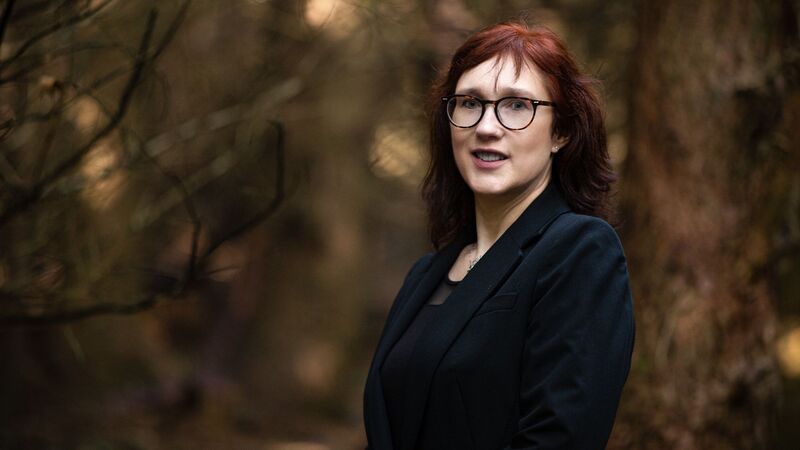You are viewing your 1 free article this month. Login to read more articles.
Mentoring helps close publishing 'chasm'
Mentoring for writers is essential as editors, publishers and literary agents become ever busier, authors have told The Bookseller, claiming that everyone in the publishing process benefits from writers having guidance from others in the industry who can act as a sounding board, and champion up-and-coming talent.
Writer Cesca Major, whose début novel will be released next year by Corvus, mentors via the WoMentoring scheme, which was launched earlier this year. The project pairs female authors with women from across the trade, who volunteer their time to offer advice and guidance on the publishing process. “I think there are a lot of writers that have yet to secure an agent, and they are the group that need mentors the most,” said Major, who mentors under her writing pseudonym Rosie Blake.
She added: “Once you have an agent you have someone there that can talk you through things—up to that point it is a bit lonely. Everyone wants someone to care that they are writing, and a mentor can be a champion for you in that stage before [getting] an agent.”
WoMentoring says it is gender specific because “women writers are still reviewed and paid less than their male counterparts in the UK, and it seemed like a good way to level the playing field slightly”.
The WoMentoring project paired Australian crime writer Emma Viskic, who lives in Melbourne, and UK-based editor Janette Currie; a move the author described as “like rain after long years of drought”.
Viskic said: “There has always been a gap between writing and getting published, but the gap is now a chasm. Once upon a time, an editor might choose to guide a promising writer through the labyrinthine publishing process, offering practical and creative advice. Now editors, publishers and literary agents are all so overwhelmed by the amount of unsolicited submissions [that] they receive, they barely have time to send a rejection [letter]. Everyone benefits from writers being mentored—publishing houses, editors, writers—but no one has time.”
Currie said: “A mentor can help writers build a network of professional publishing contacts while they gain recognition, as well as working with them to fine-tune a writing project.” She said being a mentor had improved her own writing, and given her “a deeper insight” into the publishing process: “It’s satisfying to work with writers to develop their craft and competence, and hugely uplifting when their confidence grows.”
Poet Tracey Rosenberg recieved mentoring via the New Writers Award, managed by Scottish Book Trust. “I think everyone could use mentoring at various points in their careers, but novelists might be more likely to find a mentor in the form of an agent, whereas few poets have someone in that role,” she said. Her mentor was poetry editor Sarah Ream, who worked with her for nine months “helping me produce the best poetry I was capable of, and never got annoyed if I decided not to follow her suggestions”.
“I think some of the great editors of the past had the time and ability to work one on one with their writers in this sort of way, and perhaps some still do, but there just isn’t enough time in the day,” said Rosenberg, adding: “Perhaps this is one reason creative writing programmes [are] so popular.”
Hollie Aldridge, events and marketing manager at Literature Wales, which runs mentoring schemes pairing unpublished writers with published authors or creative-writing tutors, said: “There is nothing like having a writer that has been through the process [of being published] who can guide writers who are emerging and wanting to get to the next level.”


















